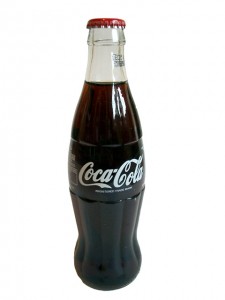Soft drinks are high in calories and low in nutritional value. While that doesn’t stop most of us from hoisting a soda occasionally, maybe a report in the October 2006 issue of the American Journal of Clinical Nutrition will give cola drinkers pause.
In addition to having no nutritional value, soft drinks like colas contain caffeine and phosphoric acid, the latter of which may adversely affect bone mineral density (BMD). Researchers who recently studied the association between these beverages and BMD found that women were especially vulnerable in this regard, compared with men.
In observing 1,413 women and 1,125 men enrolled in the Framingham Osteoporosis Study, the researchers found that cola intake was associated with significantly lower BMD at the hip site in women—but not in men, despite their having reported a slightly higher weekly cola intake. Similar results were noted for diet cola consumption, although no such association was observed among those who drank noncola carbonated beverages. The researchers theorized that the phosphoric acid present in cola (but not in other carbonated beverages) may be responsible for promoting the BMD loss.
This led the researchers to conclude that “intake of cola, but not of other carbonated soft drinks, is associated with low BMD in women. Additional research is needed to confirm these findings.”
